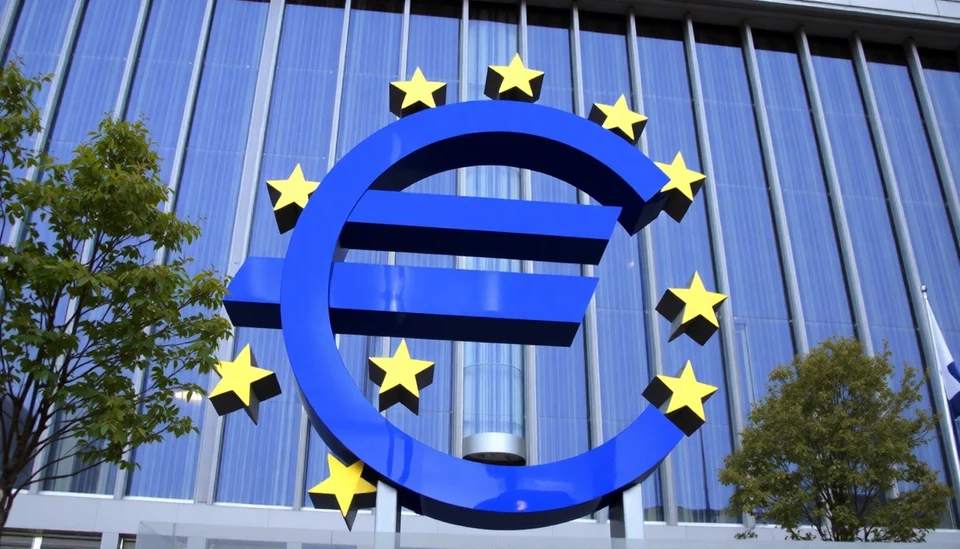
In a significant recent statement, Austrian central bank chief Robert Holzmann emphasized the European Central Bank’s (ECB) necessity to maintain its current restrictive monetary policy. His comments are particularly relevant as the Eurozone faces ongoing inflation challenges that risk destabilizing the economy further. Holzmann's assertions underscore the urgency for the ECB to remain vigilant against inflationary pressures despite possible signs of economic slowdown.
Holzmann articulates that the ECB must not ease its grip on interest rates until inflation is firmly under control. He highlighted that the central bank's commitment to price stability is paramount, especially in light of economic indicators that suggest persistent price risks. The ongoing financial landscape shows that inflation remains stubbornly above the ECB's target, and Holzmann argues for a continued focus on tightening measures as a means to curb inflation effectively.
This call for sustained monetary firmness comes at a time when some economists are advocating for a pause or a reduction in interest rates, citing potential negative impacts on economic growth. However, Holzmann dismissed these concerns, asserting that a robust approach to inflation control is essential for the long-term health of the Eurozone economy. He believes that any leniency now could lead to a more difficult situation in the future.
Additionally, Holzmann's remarks reflect a broader consensus among several key ECB officials who feel that battling inflation should take precedence over concerns about growth. The potential for inflation to erode purchase power and adversely affect the living standards of European citizens is a primary motivator for this perspective. Holzmann's position aligns with the ECB's broader strategy of prioritizing a return to price stability as an exercise of its primary mandate.
In conclusion, Holzmann's declarations resonate within the ongoing discussions on monetary policy across Europe, highlighting a pivotal moment where the balance between interest rates and economic growth is being critically evaluated. The central bank's upcoming meetings will be closely watched as markets begin to price in the implications of Holzmann's emphasis on restrictive policy measures.
As the ECB navigates these complex waters of inflation management, Holzmann's stance serves as a reminder of the challenges that central banks face in combating persistent price pressures while ensuring economic growth does not falter excessively.
For those following the developments in European economic policy, the implications of Holzmann's comments and the ECB's decisions in the coming months will undoubtedly be a key topic of interest.
#ECB #InterestRates #Inflation #MonetaryPolicy #Eurozone #Economics
Author: Laura Mitchell




